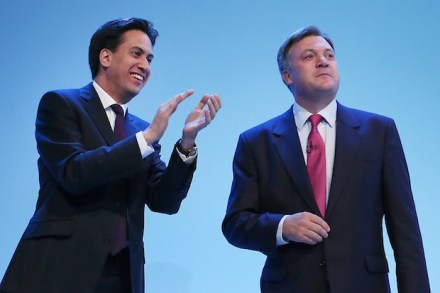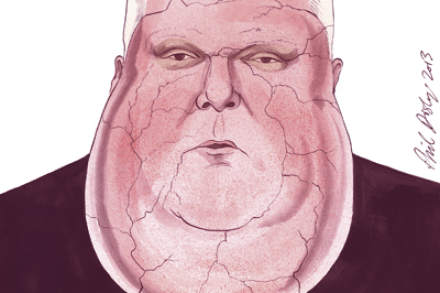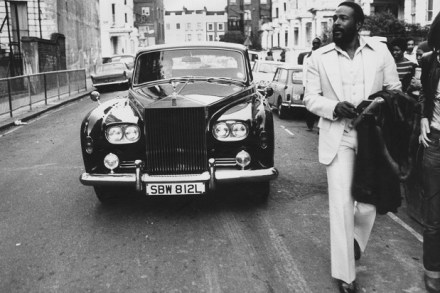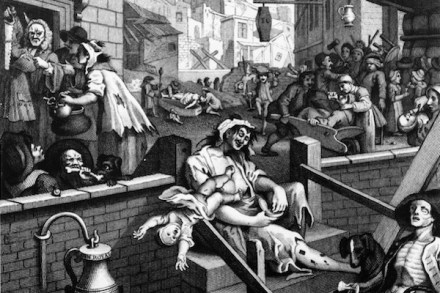Letters: Jeff Jarvis defends internet companies, Royal Society fellows defend Lord Lawson
A net gain Sir: Jamie Bartlett tries to balance plus and minus, and ends with zero (‘Little Brothers are watching you’, 7 December). But I wonder: why lead with the negative? Yes, data can be misused, marketers and government can misbehave (no — they will). But what are we to do? Block progress? Why don’t we write the rules instead? A billion-plus people are sharing their observations, questions, answers and lives online because they — we — find benefit in connecting with each other: offering services, gathering information and knowledge, and finding efficiencies. I engage in willing transactions with Google (though not the NSA) to deliver greater relevance with less noise.


















